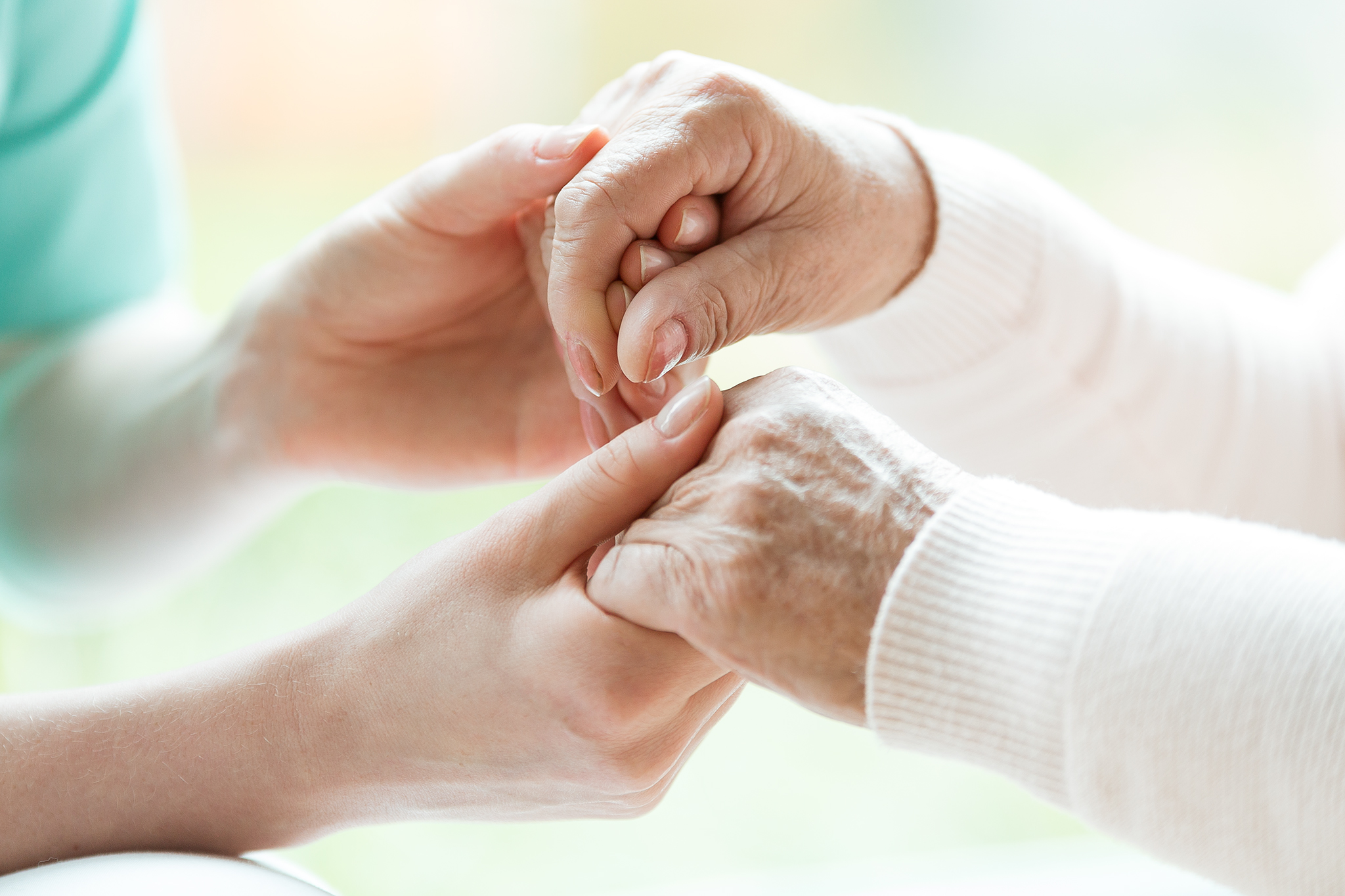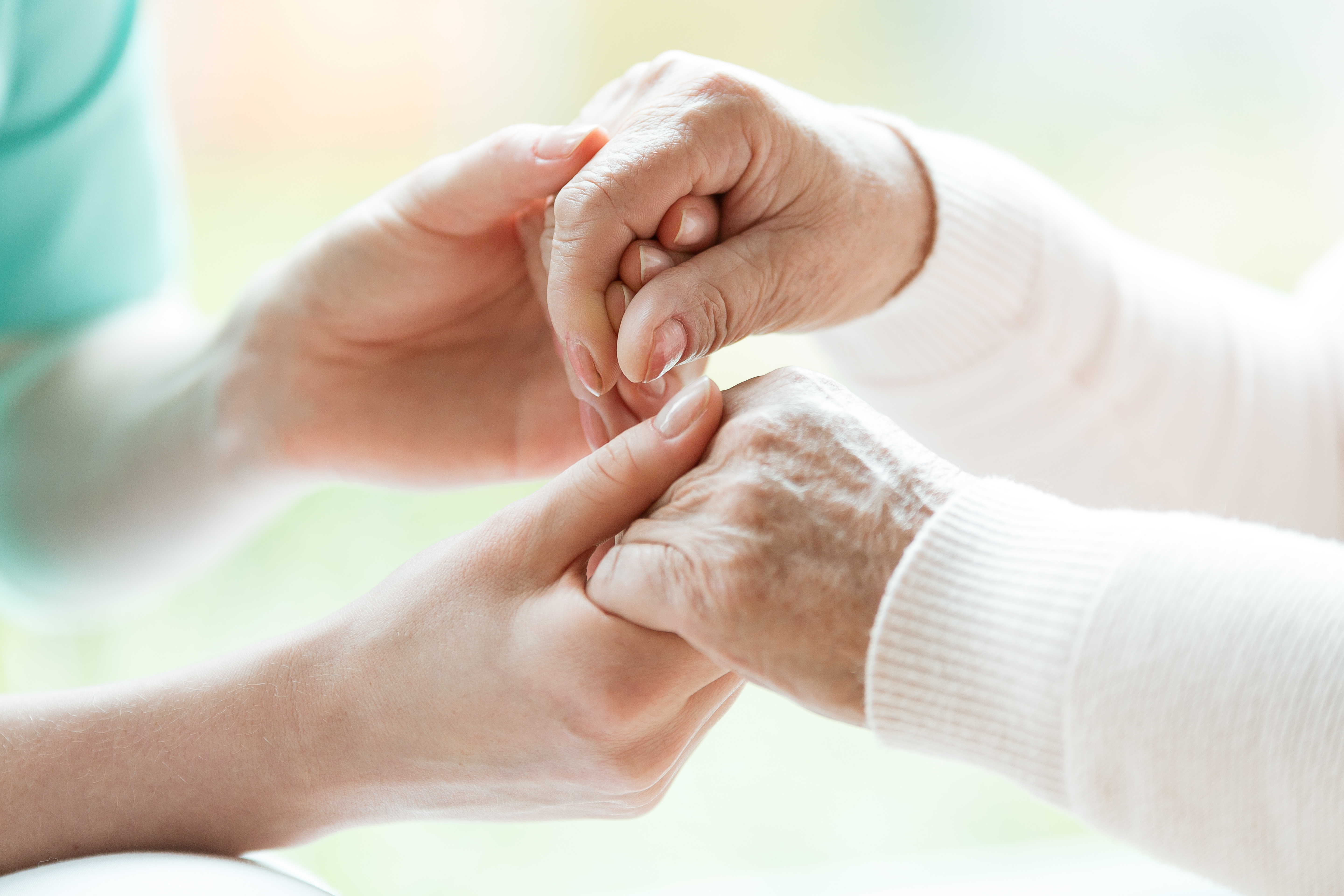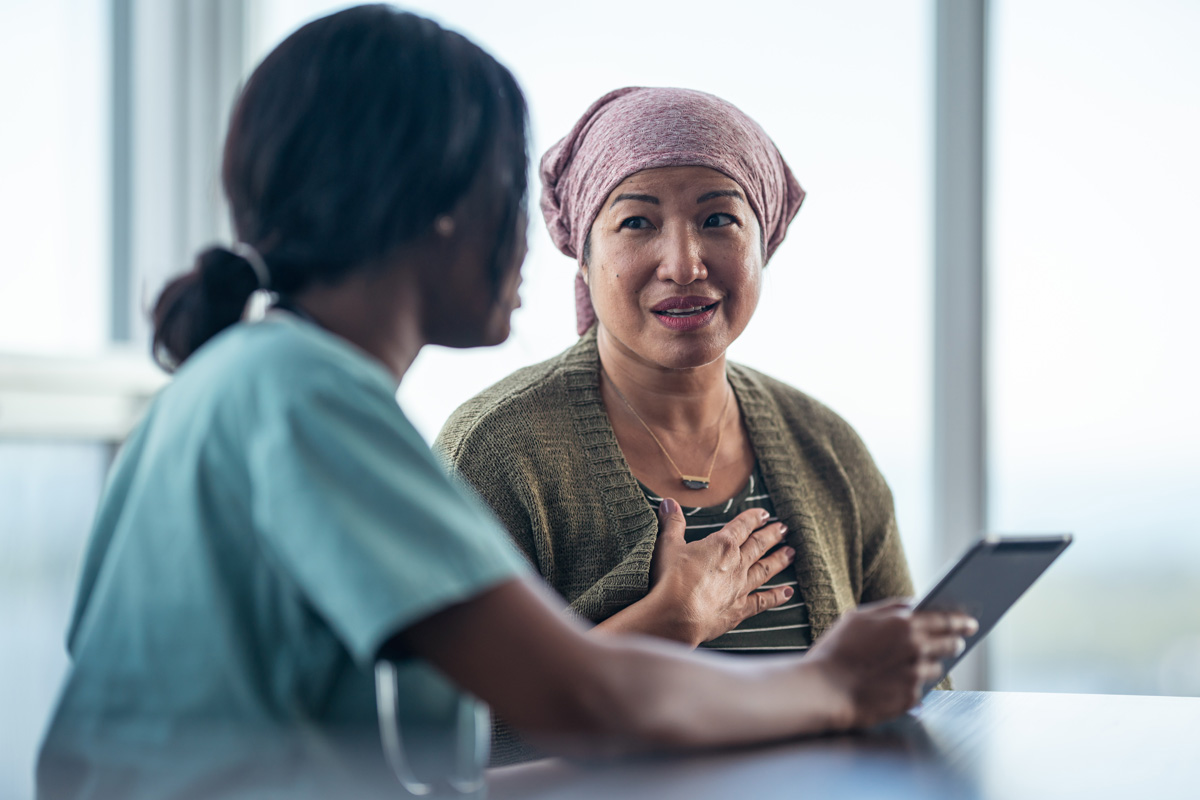- Home
- Patient Support
- For caregivers

Support for caregivers
Caring for a loved one with cancer comes with a lot of responsibilities.1 We’re here to help you with these challenges.
Being supportive in your carer role
Taking care of a loved one with cancer can be regarded as an extremely challenging role to undertake.2,3
You may be asked to manage medications, take your loved one to appointments, communicate with their healthcare team, make meals, be the key emotional support, and more.1
Sometimes, this additional responsibility may leave very little time for you.
Supporting a loved one
When people with cancer undergo treatments, the focus is on them and their needs. Yet cancer may often affect more than one person.2 In many cases, it may be the entire family, and, in particular, the caregivers, who may be significantly impacted by the experience.2,3
The following information has been prepared with tips that may be useful for carers of people with cancer, to help them care for themselves and find the support they need while fulfilling the roles undertaken to help a loved one.
Your wellbeing matters
It’s important to make time for yourself, as your wellbeing still matters. Pushing yourself too hard may actually make caregiving and supporting your loved one more challenging. You can fund a range of useful support and resources on the Cancer Council Supporting someone with cancer webpage.
Here are some additional suggestions to help you prioritise your own health:1
Maintaining a healthy diet, aims to help you gain the energy you need and further to help keep you well.
Tell your friends and family how they can help you, as they may not know the best way to support you.
The Cancer Council has information about where local support groups are and what they offer – including face-to-face support, phone counselling and online counselling. Support groups allow you to discuss your experiences with other people who are dealing with the same problems. If you try one that doesn’t feel like a good fit, try another one.
As a carer, there may be days where you would like to speak to a professional counsellor for support about any concerns you are experiencing. Fou can find a list of organisation who may be able to support you on the Cancer Council website.
If you're experiencing a personal crisis or feeling unsafe, please call 000 or Lifeline on 13 11 14.
Speaking to someone who’s been through the same experience can help. Phone the Cancer Council on 13 11 20 to connect with an ambassador who understands how you’re feeling and knows how they can best help you with your concerns.
Read next

News room - What's been happening
From new centres and equipment to the latest in care, stay on top with what we are doing. Find out more today.

Who we are
We are more than 5,500 highly trained healthcare professionals and support staff across Australia, the UK, Spain and the U.S., offering evidence-based cancer care, and aiming to achieve the best possible clinical outcomes.

Dealing with loss
Dealing with loss can be a challenging and difficult time. We’ve prepared this page to help you understand how you may be feeling in the days and weeks after a loss.

Helpful organisations
You may find this list of organisations to be a supportive resource for yourself or a loved one.
- Cancer Council. Caring for someone with cancer: a guide for family and friends who provide care and support. Updated September 2020. Available from: https://www.cancercouncil.com.au/wp-content/uploads/2023/07/Caring-for-Someone-with-Cancer-2020-Reprint-2022.pdf (accessed September 2023).
- Wang Y, Feng W. Gen Psychiatr 2022;35(5):e100871.
- Geng HM, et al. Medicine (Baltimore) 2018;97(39):e11863.

You are leaving our website
You are now leaving our website. GenesisCare do not control this content and therefore are not responsible for its accuracy or reliability.

You are leaving our website
You are now leaving our website. GenesisCare do not control this content and therefore are not responsible for its accuracy or reliability.
Disclaimer:
This website is provided for information purposes only. Nothing on this website is intended to be used as medical advice, or to diagnose, treat, cure or prevent any disease. It should not be used as a substitute for your own health professional's advice. Any medical procedure or treatment carries risks. Before proceeding with treatment, you should discuss the risks and benefits of the treatment with an appropriately qualified health practitioner. Individual treatment outcomes and experiences will vary.



